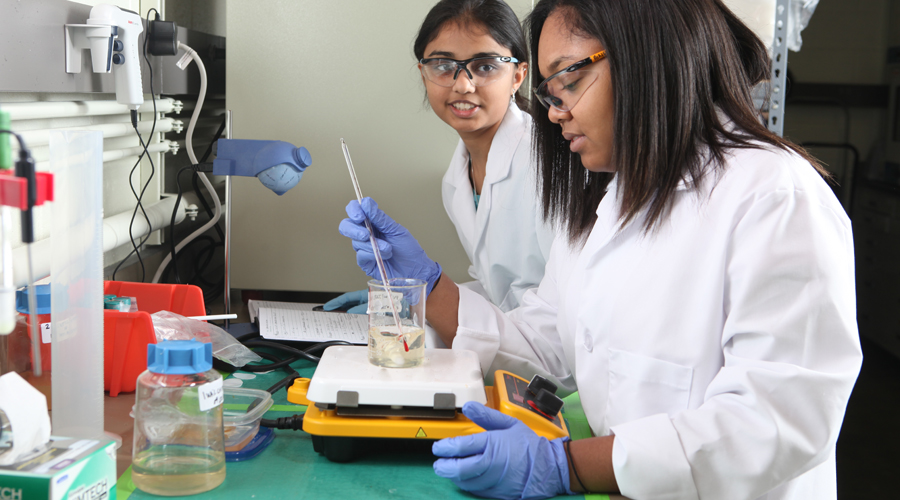Biomedical engineering is a fuzzy concept. There is no clear definition for this intersection of engineering and medicine, but everyone seems to know it when they see it. Despite this ambiguity, biomedical engineering programs continue to grow in number and size at universities across the country because students recognize that biomedical engineers can make big bucks. But do you know how hard is biomedical engineering? Let’s dive into it.
How hard is biomedical engineering to study?
It’s not hard to get into biomedical engineering, but it is challenging. Why? It all boils down to biology. Biomedical engineers need chemical and biological insight that can require years of work in undergraduate laboratories. Then again, if you are good at math and physics, you will find many opportunities in the field. Keep reading: What does a biomedical engineer do?
How hard is biomedical engineering to practice?
You’ve heard people say that medicine is a hard profession. Well, the study of medicine—the premed track—is even harder. The academic requirements are demanding and competition for medical school is more cutthroat than anything else out there. Biomedical engineering only gets you in the door of this club because of biology. Getting a job is hard work, too. According to the U.S Bureau of Labor Statistics, in 2013, biomedical engineers earned an average of $83,590 per year. That’s good money for a profession that requires only a bachelor’s degree.
How hard is biomedical engineering to get a Ph.D.?
You can’t get a Ph.D. in biomedical engineering—you get a Ph.D. in “something else” and then take courses to become a biomedical engineer. The National Academies of Sciences, Engineering, and Medicine surveyed 131 institutions that granted doctoral degrees in 2011. Not one institution listed biomedical engineering as the primary graduate degree. Biomedical engineers are educated across many disciplines, including mechanical, electrical, computer, industrial, aerospace engineering, among many others.
How hard is biomedical engineering compared to other engineering fields?
Overall, all branches of engineering are difficult. This is why it feels good to get a job in the field—you have accomplished something very demanding. But there are some notable differences between biomedical engineering and other disciplines that come into play. For instance, compared to the other engineering disciplines listed by the National Academies of Sciences, biomedical engineers face a more uncertain job market due to the presence of physicians in medical education and practice. That’s not an excuse for shoddy work or bad behavior, but it does temper expectations a bit.
How hard is biomedical engineering as a first career?
If you study biomedical engineering, there is a good chance that you won’t work as a biomedical engineer. As an undergraduate or graduate student, your primary focus may be to get the education necessary for related fields like medicine, dentistry, veterinary science and physical therapy. While it sounds strange to say that biomedical engineers can be found in these fields, it’s true.
Suppose you are a certified professional engineer in good standing with both discipline-specific and general knowledge of your profession. In that case, getting promoted will be difficult because there is no real promotion path for biomedical engineers. There are few staff or faculty positions available at most institutions. It is extremely difficult for a biomedical engineer to get tenure track faculty positions without some advanced degree like a Ph.D. This doesn’t mean that you can’t lead or direct projects or be responsible for your department’s budget or some other administrative task, but don’t expect promotion if you stay in this field.
Tags: Biomedical Engineering, know about Biomedical Engineering



Leave a Reply